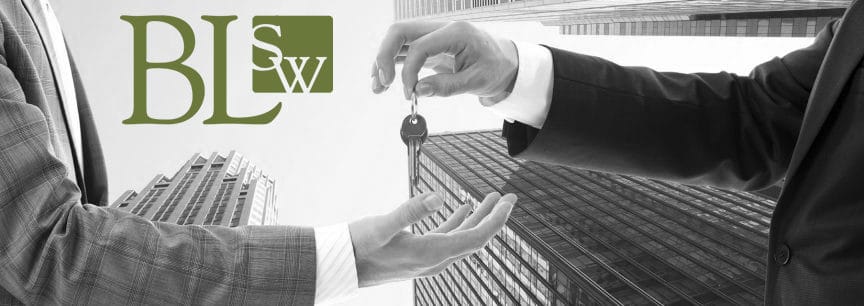Attorneys Who Help Resolve Commercial Lease Disputes
Lease disputes between a landlord and tenant in a commercial setting rarely work out for the tenant. It’s unfortunate, but many commercial tenants sign a lease agreement without consulting with an attorney, and as a consequence, must deal with very one-sided language heavily in favor of the landlord.
Despite a poorly drafted lease agreement standing as an obstacle to help a tenant gain leverage against a landlord in a commercial lease dispute, a tenants position isn’t always hopeless. You do need to consult with an experience attorney, who understands the complexities of commercial lease agreements and the nuances of available case law and precedent. This is where Business Law Southwest excels. Contact us to learn how we can help in a commercial lease dispute.
Potential options available to a tenant in a commercial lease dispute include:
- Understanding all your options available under the lease agreement
- Making sure the landlord follows all of its obligations under the lease
- Determining whether the landlord has constructively terminated the lease (called constructive eviction)
- Determining whether the landlord has violated the implied covenant of quiet enjoyment
- Auditing CAM or other additional rents as imposed by the landlord, and such charges are properly calculated according to the lease
What is Constructive Eviction?
Constructive eviction is a court-created doctrine that says a landlord has been deemed to have evicted a tenant in certain egregious circumstances, even if the landlord did not actually remove the tenant from the premises. Such a ruling by a court requires egregious conduct on the part of the landlord as against the tenant, causing a violation a landlord duty or obligation, that has a significant effect on a tenant’s ability to use and enjoy its premises.
Actual physical altercations of violence on the part of the landlord as against the tenant has been held to create an instance of constructive eviction. Even threats of physical harm, abuse and similar behavior has also been ruled a constructive eviction.
The behavior on the part of the landlord must be extreme. Don’t assume any bad behavior qualifies. You must seek professional advice from competent and experienced commercial lease attorneys, such as Business Law Southwest.
If a landlord has been deemed to constructively evict a tenant, the lease would be deemed terminated by the landlord and any landlord remedies limited depending on the specific language of the lease agreement.
What is Implied Covenant of Quiet Enjoyment?
In many states, there exists what is called an “implied covenant of quiet enjoyment.” It’s called “implied,” because it’s rarely defined in a lease agreement, even if the lease does include the phrase “quiet enjoyment.” This implied covenant says the tenant is entitled to quietly enjoy the premises they are leasing, and egregious behavior on the part of the landlord can result in the breach of this implied covenant.
Similarly to “constructive eviction,” the behavior of the landlord must be extreme and egregious. Illegal eviction and constructive eviction would suffice.
Violation of the implied covenant of quiet enjoyment does give a tenant additional options in a dispute, however, depending on the state where the premises subject to the lease is located. For example, in the State of New Mexico, special damages may be available to the tenant as against the landlord, including lost profits, which are within the contemplation of the parties and resulting directly and proximately from the breach, could be recoverable if they can be established with reasonable certainty.
Again, it is critical a tenant consult with an experience commercial lease attorney to determine whether they are suffering from the landlord’s breach of an implied covenant of quiet enjoyment.
Schedule your Confidential Consultation
Call today to schedule your free, confidential consultation with an experienced commercial lease lawyer.
Call Now: (505) 848-8581





